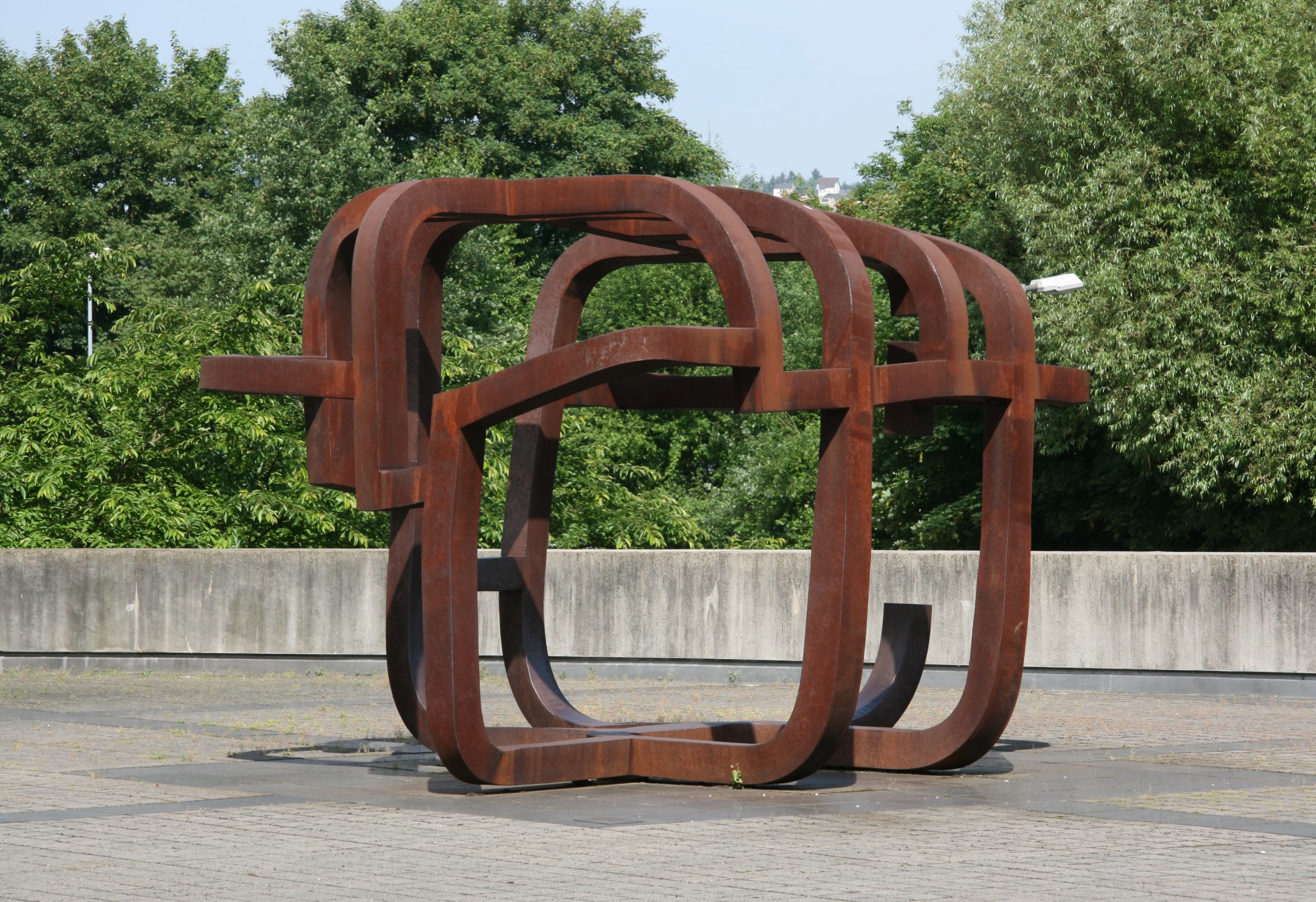
Pija Okoren
Judicial clerk
The Supreme Court of the Republic of Slovenia
Scholarship: Summer Course on European Environmental Law (420SB15)
29 June – 3 July 2020
“The learning process was intense and new knowledge had to be implemented through case studies and quizzes. I found this approach quite effective compared to a more theoretical course where the speaker presents the material and the audience passively listens.” 14/08/2020 |  |
- Q & A with Pija Okoren
What is your legal background, your current occupation and country of work?
I am a judicial clerk at the Supreme Court of the Republic of Slovenia.
How do you use European law in your current work?
As a judicial clerk I have been using European law when studying cases and preparing materials for the judges.
At the beginning I was a judicial clerk at Civil Department of the Appellate Court in Ljubljana. My career continued at the Administrative Department of the Supreme Court of the Republic of Slovenia, where I dealt with mostly tax law and EU law (the case-law of CJEU).
Now, at the Analysis and Research Office, my level of dealing with EU law has increased even further. For Comparative Studies I am, for example, researching how preliminary rulings of the CJEU are further implemented in national jurisdictions.
What was your motivation for attending this particular event?
When preparing material for Comparative Studies or/and analyses I am constantly in touch with European law, especially CJEU judgments. For example, for the comparative study about Swiss Francs I was amongst other researching how preliminary rulings of CJEU are further transposed into national case-law of different Member States.
During a research for preparatory material for my new comparative study on environmental law, I found that in Slovenia the available literature to get a proper overall insight into the European environmental law is limited I was very happy when I discovered via ERA´s newsletter that ERA also organises a Summer School on Environmental Law. As I have already participated before at the ERA´s Summer School on European Tax Law, I knew that the best introduction to a legal field I could get would be at the ERA legal trainings.
How did you benefit from the scholarship?
During the Summer Course I got an overall insight into European environmental law. I was acquainted with recent challenges in this field and now I am also aware of the immense importance of the EU Green Deal. And most importantly, I got quite a few ideas for my comparative study on environmental law.
Due to the Covid-19 Pandemic the Summer Course took place as a webinar, which proved to be a very efficient learning platform. I had no difficulties in accessing the platform. Communication with other participants (from 17 different EU countries) during the Course for case studies, which deepened our knowledge instantly after the presentation, was in no way hindered by the online format.
The ERA team also provided some very entertaining ice breaking techniques and, in my opinion, we all enjoyed the good webinar atmosphere.
The presentations from the lecturers were very comprehensive, educational and they provided a full insight to not only the European Environmental field of law, but we were also able to deepen our overall knowledge of European law, for example about the Member States’ obligation to transpose Directives).
The course also provided us with different non-legal facts and diagrams, which are important for understanding environmental issues. I must also point out that this Summer Course presentations were the most beautiful (almost exotic) presentations I have ever seen due to the pictures of the Natura 2000 sites and of different animals that are protected by European environmental regime.
I am very grateful to the ERA scholarship programme, which enabled my participation in the Summer Course on European Environmental Law.
